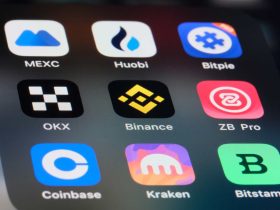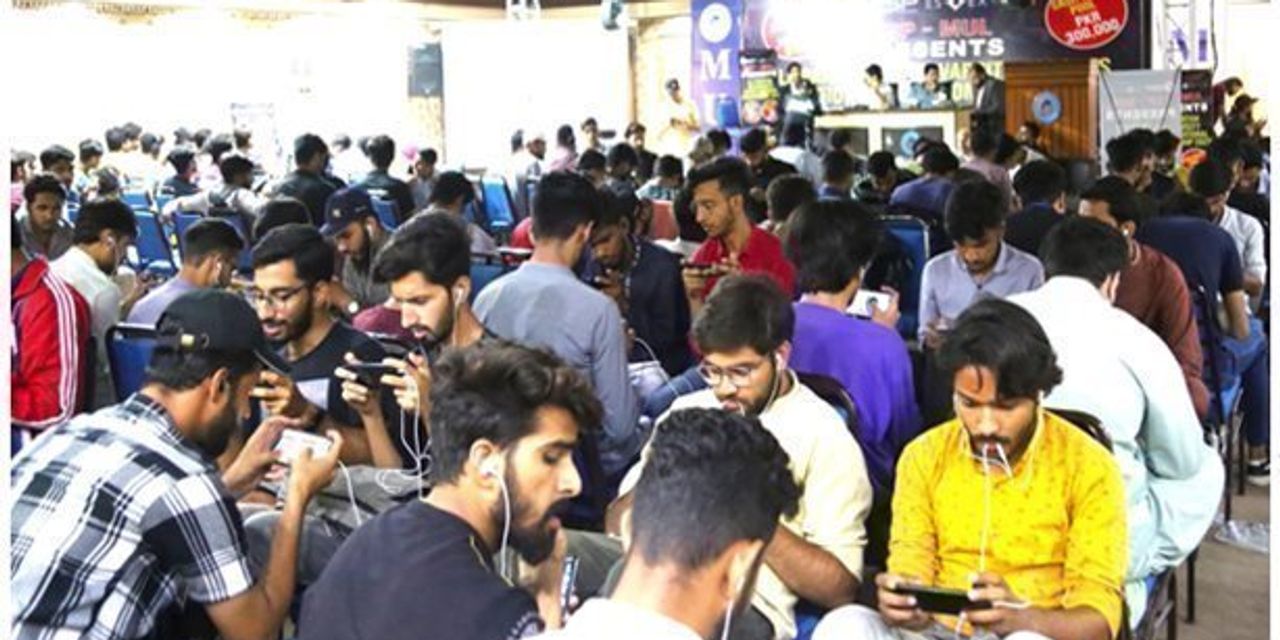The company raised $6.8 million in its initial public offering by selling 1.7 million shares priced at $4 each. With 25.6 million shares outstanding, the company had a valuation of $102.4 million at the IPO price. The stock is trading on Nasdaq under the ticker “GPAK.”
The stock’s
GPAK,
first trade was at $4.20 at 11:35 a.m. Eastern for about 110,600 shares, which was 5% above the IPO price. At that price, the company was valued at about $107.4 million. It traded as high as $4.39 moments after the open, then quickly reversed course to trade down 2.5% below the IPO price in midday trading.
WestPark Capital Inc. was lead underwriter on the deal. The New York-based investment bank specializes in deals involving emerging growth companies in small and micro-cap markets and has an office in Hong Kong serving Asian clients.
Alexander Capital LP, Spartan Capital Securities LLC and RH Lafferty & Co. Inc. were co-managers.
“We are a development-stage interactive esports event promotion and product marketing company, founded in November 2021,” the company said in its filing documents with the Securities and Exchange Commission.
The creation of the company was partly inspired by a football game between college-age students from Pakistan and India, that was part of an upstart Pro League that was trying to get off the ground in 2012, according to its American Chief Executive, James Knopf.
At the time, both countries had no college sports programs and American coaches went out to help train players and coaches. Given the historic tensions between the two nations, the game was held in Sri Lanka.
“The level of the football was not great but the camaraderie between the players was amazing,” Knopf told MarketWatch in an interview. “They were friendly, getting along and competing and even having conversations afterwards.”
Knopf, a 58-year-old entertainment sales executive with more than 25 years of experience selling large-scale content distribution deals across platforms, says the game helped him see what was possible when two rival nations united to play sport.
“It was a great thing. It set off a light bulb for the founders to develop rival series in all sports and that’s the next phase of the company,” he said.
The choice of esports as a way to launch college sports programs in Pakistan was logical. Esports is recognized as a true sport in Pakistan, which has a very young population. About 65% of Pakistan’s 231 million residents are below the age of 30 and many are already gamers. Asia leads the world in esports, accounting for 46% of gamers worldwide.
Still, it was a big undertaking.
“Because there were no sports at any universities, there were no mascots, no merchandise, no alumni groups,” said Knopf. “We had to engage in a partnership with the government to build an NCAA-type foundation for college sports and then partner with 119 universities.” (The National Collegiate Athletic Association (NCAA) is the organization that governs intercollegiate athletics.)
The company’s initial focus is on creating college, inter-university and professional esports events for both men’s and women’s teams. But over time it will expand to other markets and even consider live sports.
The long-term goal is to create a series of events where Pakistani college all stars can compete against India, and then expand to countries like the U.S., China and South Korea.
Knopf, who worked with ESPN to produce the first NCAA College Esports Championship in 2019, which was streamed on ESPN3, says NCAA and ESPN have expressed interest as esports become more popular around the world.
Gamer Pakistan is aiming to create 10 to 20 team franchises in Pakistan and charge $50,000 to $75,000 per franchise. The company will split the NIL rights, which enable college athletes to control and profit from their name, image and likeness. It will also split the merchandising rights and is talking to broadcasters about deals.
Chief Technical Data Officer Nick Venezia says the company will work with ad-tech company Trade Desk to access big advertisers. Trade Desk provides ad buyers with a digital platform to create and manage ad campaigns.
Brands like Procter & Gamble
PG,
and Unilever
UNA,
know they need to reach customers of college age. “It’s real market blind spot, nobody is providing that service to reach them,” said Venezia. “Brand insertion into big deals is where we’ll get revenue.”
For now, Gamer Pakistan is pre-revenue and has zero profit.
For the first six months of 2023, expenses totaled $216,271, which was covered by private sales of equity securities and loans.
Auditor Mercurius & Associates LLP says the deficit “raises substantial doubt about the company’s ability to continue as a going concern.” That language is not atypical in IPO filings by companies that are pre-revenue, such as pre-clinical biotechnology companies.
Already, students in Pakistan are beginning to seek out and buy university sporting apparel and goods. The company is planning to hire a chief revenue officer in Pakistan to work with brands and agencies. And it’s doing its bit to modernize the country’s ad system.
“It’s still stuck in 1979,” said Knopf. “We have work to do.”
Read the full article here













Leave a Reply